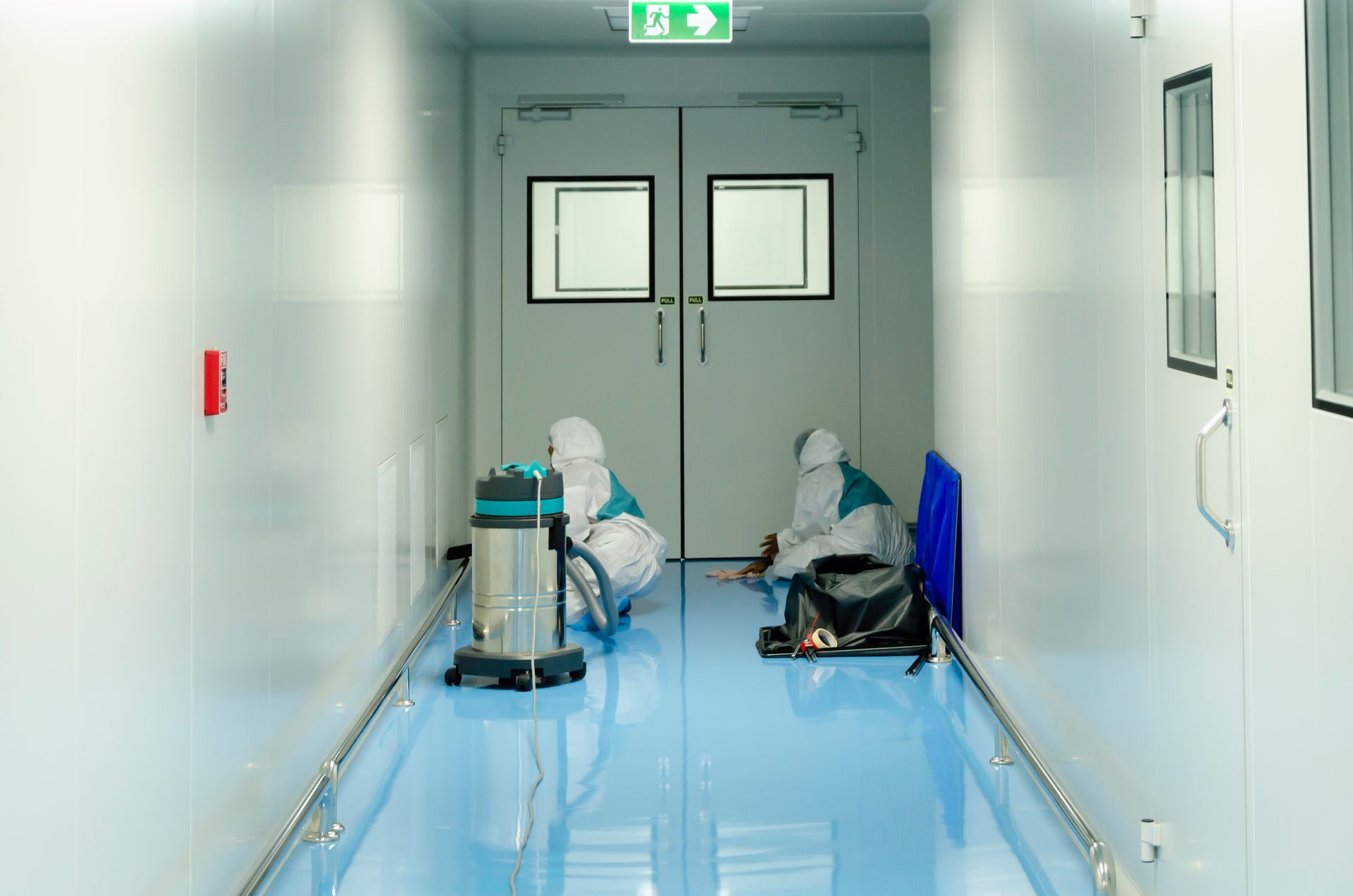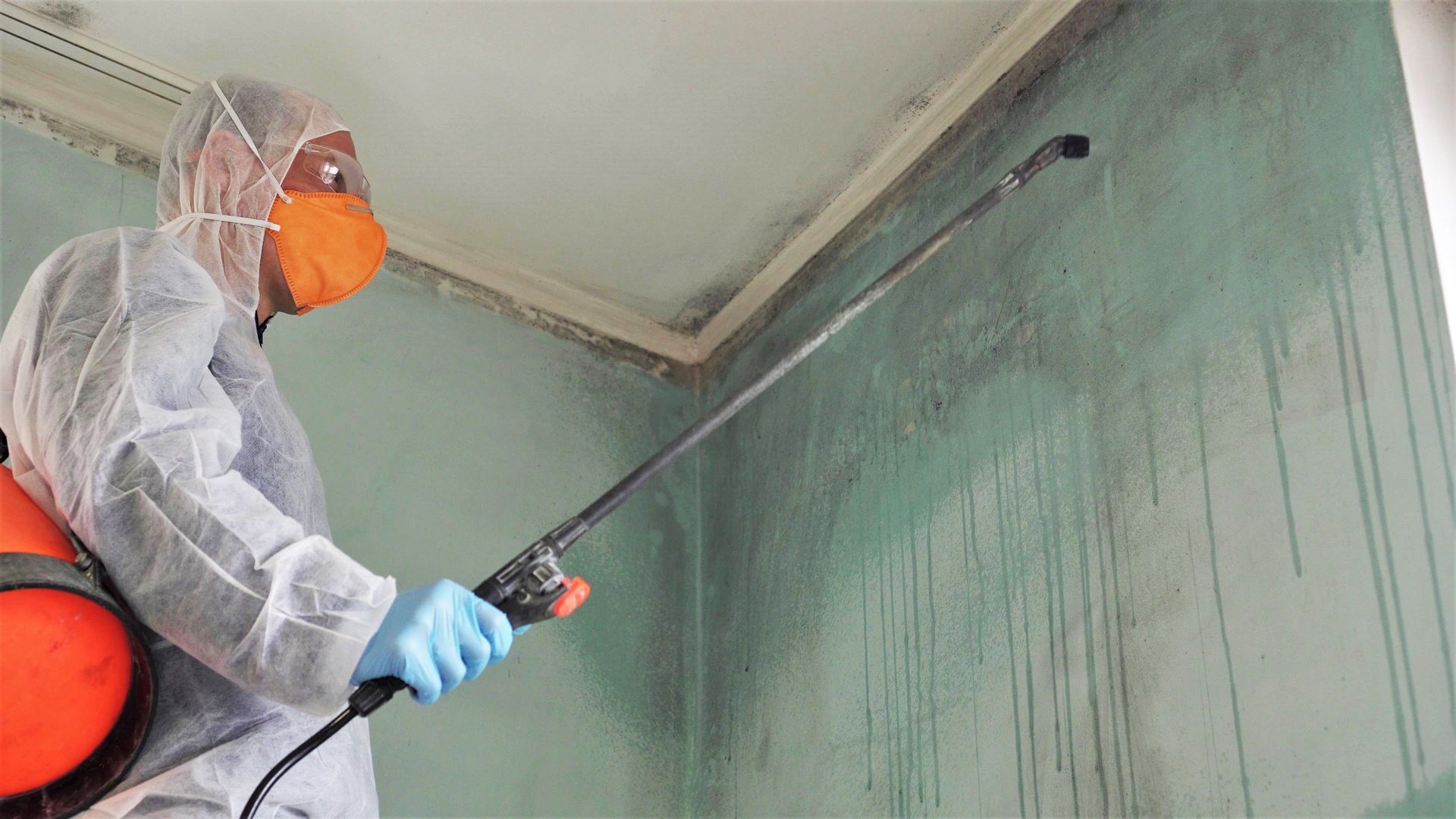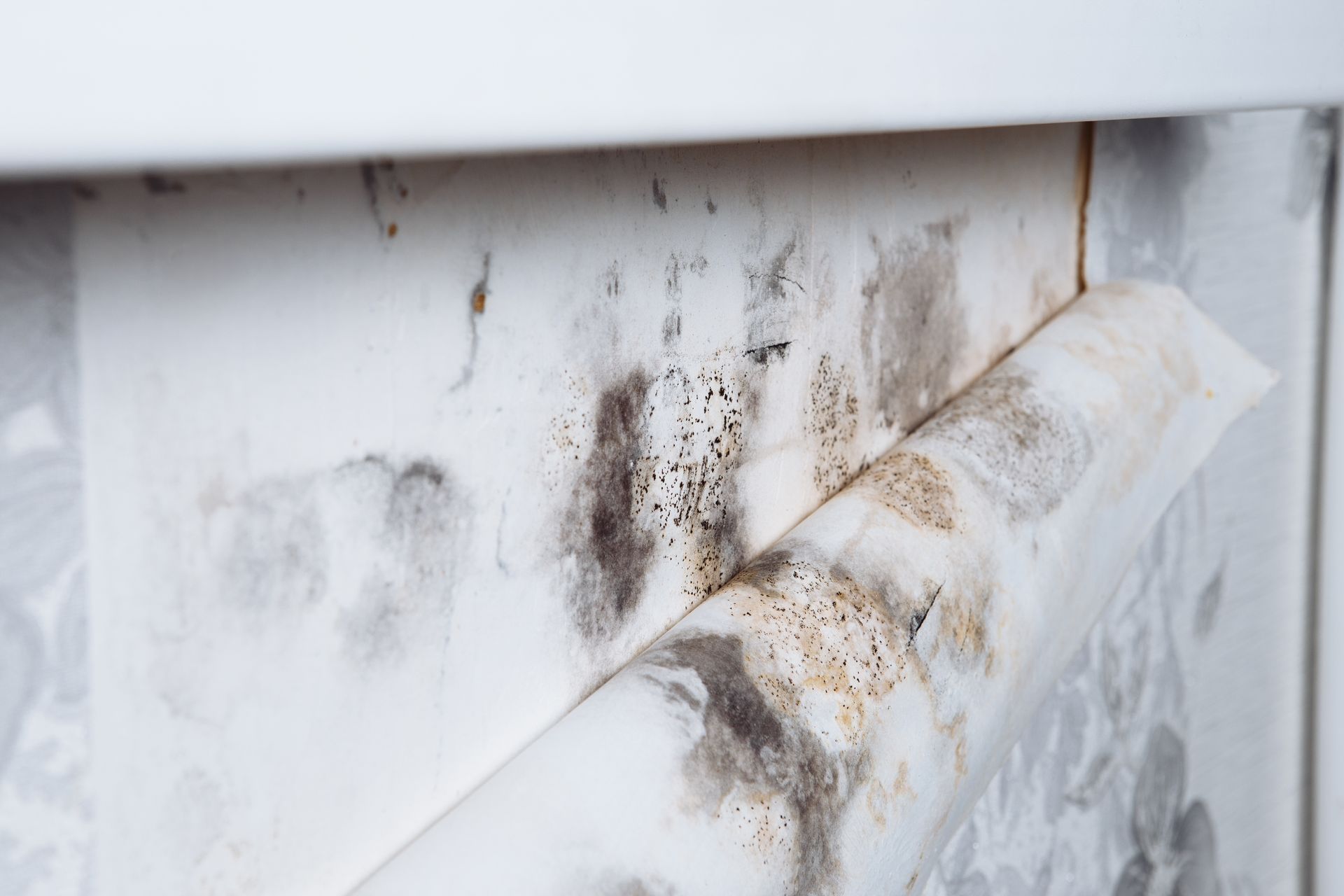Hurricane With A Side Of Sahara Desert
The Sahara Desert is massive, covering 10% of the continent of Africa. You may be asking yourself how the Sahara Desert relates to hurricane season. The relation is with the easterly winds generating from the differences between the hot, dry desert in north Africa and the cooler, wetter and forested coastal environment directly south and surrounding the Gulf of Guinea in west Africa. The result? A strong area of high altitude winds commonly called the African Easterly Jet.
If these winds were constant, we would experience fewer hurricanes, but the African Easterly Jet is unstable. This means that the undulations (up and down movements like waves), result in a north-south direction, forming a corresponding north to south trough, or wave, that moves westward off the West African Coast. When these waves of air have enough moisture, life, instability, the readily form clusters of thunderstorms, sometimes becoming correlated with a center of air circulation. When this happens, a tropical cyclone may form as the areas of weather move across the Atlantic.
Throughout most of the year these waves form every two to three days in a region near Cape Verde, but in the summer to early fall, conditions become favorable to tropical cyclone development. Most of the major hurricanes that have impacted the United States, originate near Cape Verde.
Saharan dust sits on a hot and dry layer of the atmosphere that is above cooler and more humid air above the Atlantic ocean. The hot, dusty air puts a stop to any thunderstorms that may develop in the moist air beneath it. This factor contributes to the below-normal hurricane season.
Gulf Coast communities face higher risks than those by the Atlantic coast. Conditions leading to a slower-than-normal season in the Atlantic aren’t always shared in the Gulf. We’re always vulnerable to a Gulf developing storm, and if it forms right in the Gulf, you have much less time to prepare for it. Hurricane Harvey is a great example.
The peak of hurricane season is here, so we aren’t in the clear just yet! It is always important to stay prepared!






